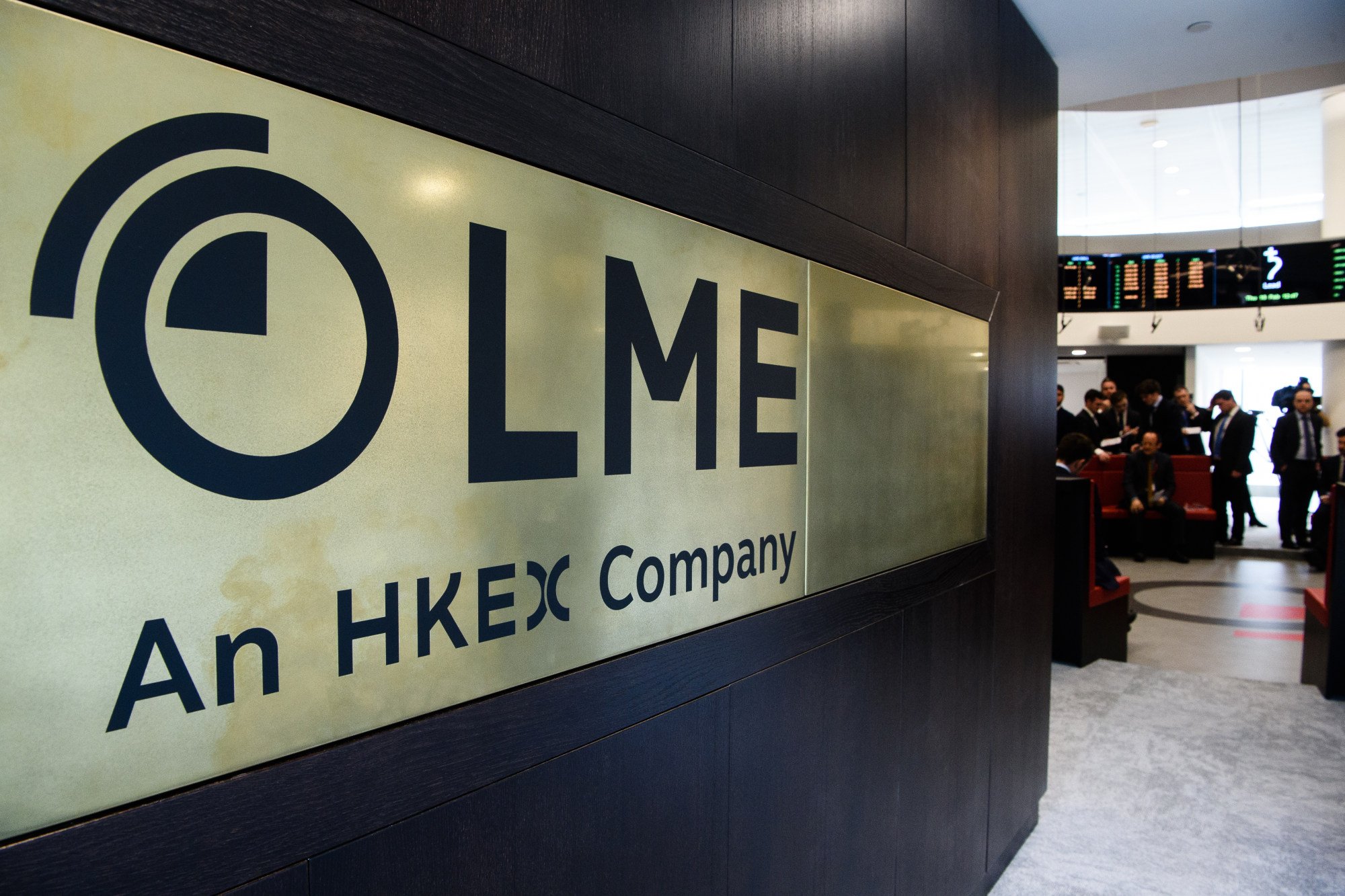
LME making ‘incremental progress’ in reviving investor confidence after last year’s nickel fiasco, CEO Chamberlain says
- The 146-year-old metal trading bourse is doing something every day to earn investors’ trust, Matthew Chamberlain says
- LME unveiled an action plan on March 30, which includes a series of measures that will be rolled out gradually over two years, to revive its markets
The CEO of London Metal Exchange (LME) said the 146-year-old metal trading bourse is making incremental progress in reviving investors’ confidence after last year’s chaos, hoping to gain a stronger presence in Asia.
“I don’t think restoring confidence is something that just happens overnight,” Matthew Chamberlain told the Post on the sidelines of the LME Asia Metals Seminar in Hong Kong on Tuesday. “Every day you have to show you’re doing something to earn that trust, and people have to see the market behaving as it should, which it is, and then eventually, you get there.
“It’s always going to be an incremental process. I’ve spoken to a lot of people at this conference who said that ‘we’re starting to put a little bit of business [on the LME] and we’ll see how it goes.’ That’s great.”
Large off-exchange positions in nickel were partially blamed for the chaos in the nickel market last March, as the metal’s price soared more than 270 per cent over a three-day period following Russia’s invasion of Ukraine, triggering nearly US$16 billion in margin calls.

The LME, which is owned by Hong Kong Exchanges and Clearing (HKEX), was ultimately forced to suspend trading and cancel billions of dollars of transactions on March 8, 2022, a move that has sparked a series of legal actions by investors over the bourse’s response.
Since then the LME has introduced a series of measures to try to avoid similar situations in future, including daily price limits for contracts that require metals to be physically delivered when a futures contract expires.
Last summer, the LME also began requiring its members to report their over the counter positions on a weekly basis, including contracts for aluminium, copper, nickel, tin and zinc.
In the latest attempt to restore investors’ confidence, the LME unveiled an “action plan” on March 30. The measures, scheduled to gradually roll out within two years to revive its markets, include cutting waiting times and scrapping fees for new brands of nickel that can be delivered against its contract.
Chamberlain said that they are hoping to launch a consultation for the two-year “action plan” later in May “for things like off-warrant stock reporting, which will give more visibility to the market, about how much metal is out there, including here in Asia”.
He also said the LME will be putting in place a set of permanent safeguards for things like low metal stocks.
Meanwhile, the LME is leveraging resources from its parent group HKEX, to capture opportunities in Asia.
The bourse resumed nickel trading during Asian business hours from March 27.
“It’s great because it shows that Asia is acting on that contract,” Chamberlain said. “Hopefully we get some arbitrage with Asian exchanges as well. And also, it almost sort of sets a tone for trading for the rest of the day.”
On March 30, the LME said it would work with China’s Qianhai Mercantile Exchange, which is also owned by the HKEX, to develop a nickel contract for class 2 nickel focused on the Asian market.
“We would never have been able to get to work closely with QME and have that as part of the action plan on things like nickel sulphate,” he said.


